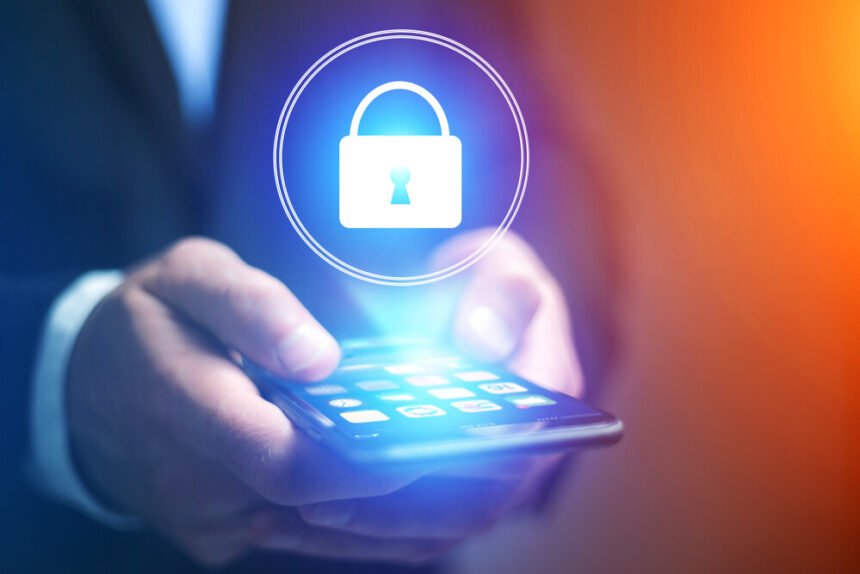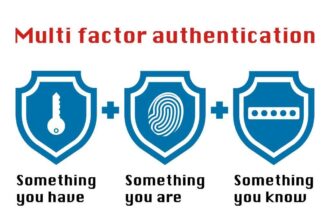According to a recent Gartner study, smartphones accounted for 297 million (19%) of the 1.6 billion mobile phones sold in 2010. That’s 72.1% more smartphone sales than in 2009 and it doesn’t appear to be slowing down for 2011 and beyond. The advancements that have been made in the mobile market have been nothing more than unbelievable. Your phone is not only a means of verbal communication, but an email-checking, web-browsing multimedia device. With that however, more and more of our personal information becomes increasingly vulnerable with all of these new features.
A lot of sensitive information is easily accessible on our phones these days, especially with the trend of using personal devices in workplace environments. Corporate emails, social media accounts, and bank apps are on our phones to check at our own convenience on a daily basis with most of our passwords saved on each account for easy access. What would happen if SOMEONE ELSE had access to that kind of information? To YOUR personal information? To YOUR company’s sensitive information?
If your company stores, transmits or processes PHI (Protected Health Information) or CHD (Cardholder Data), you need to be aware of the dangers of that data landing in the wrong hands due to poor mobile phone security. Not only that, but both HIPAA and PCI compliance regulations assign large fines and penalties in the event of a data breach.

Smartphone Pin Screenshot
Take this incident as an example – back in February 2011, my smartphone fell out of my pocket into the snow and I was unable to find it after an hour or so of digging. One month rolls by and someone had called in to say they found it in the snow. Fortunately, that person turned it in, but that’s not always how these types of stories end. Someone could have picked up my phone, and if I had no type of security measures in place, they would have had immediate access to ALL of my sensitive information.
The only thing that kept me safe from somebody accessing all of my personal information was implementing a PIN on my phone. Without it, ANYONE could have had access to anything I had stored on my phone within a few minutes of finding it. Bank accounts, confidential emails, personal information on social sites…the possibilities are endless.
However, there is even opposition from some consumers on putting these kinds of security measures into place! A study by Confident Technologies showed that 44% of smartphone users said it was too much of a hassle to lock their phone with a PIN or password, and 30% said they weren’t too worried about security. Yes, it can be a pain to enter your PIN or password every time you access your phone, but it’s worth it in the long run in order to avoid a situation in which your sensitive data could be accessed and misused.
Despite consumer response, mobile security is still getting better as some companies are starting to offer services that wipe phones remotely and even locate them via GPS if they are lost or stolen. However, we as consumers need to implement our own security measures to ensure our information is in the right hands and above all, safe and secure.
Sources:
Most Consumers Don’t Lock Mobile Phone Via PIN
10 Combinations Dominate iPhone Passwords










